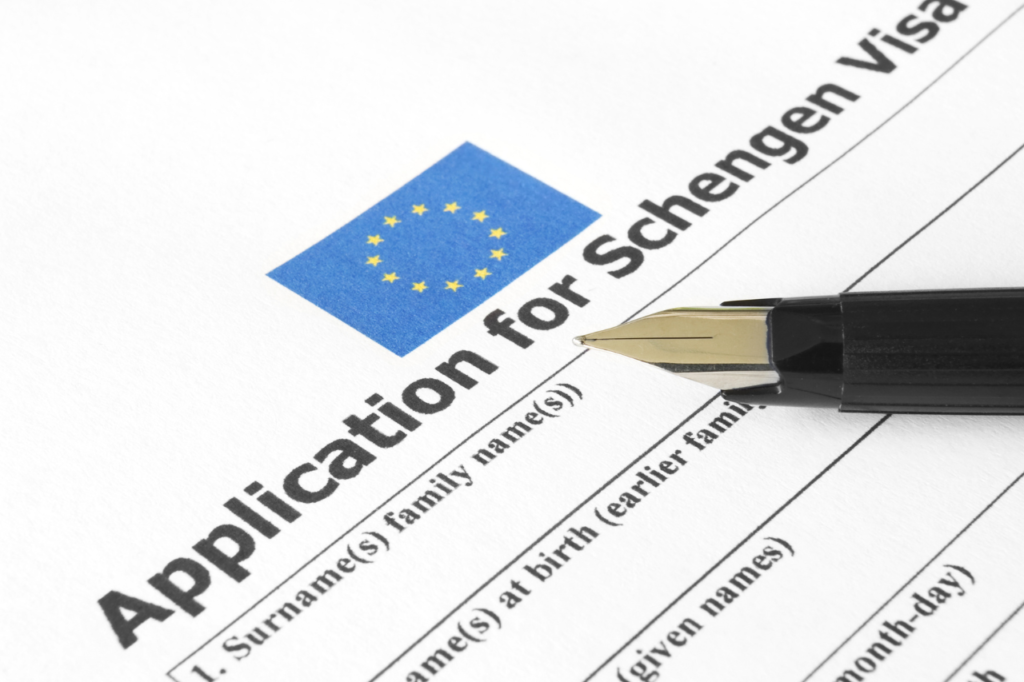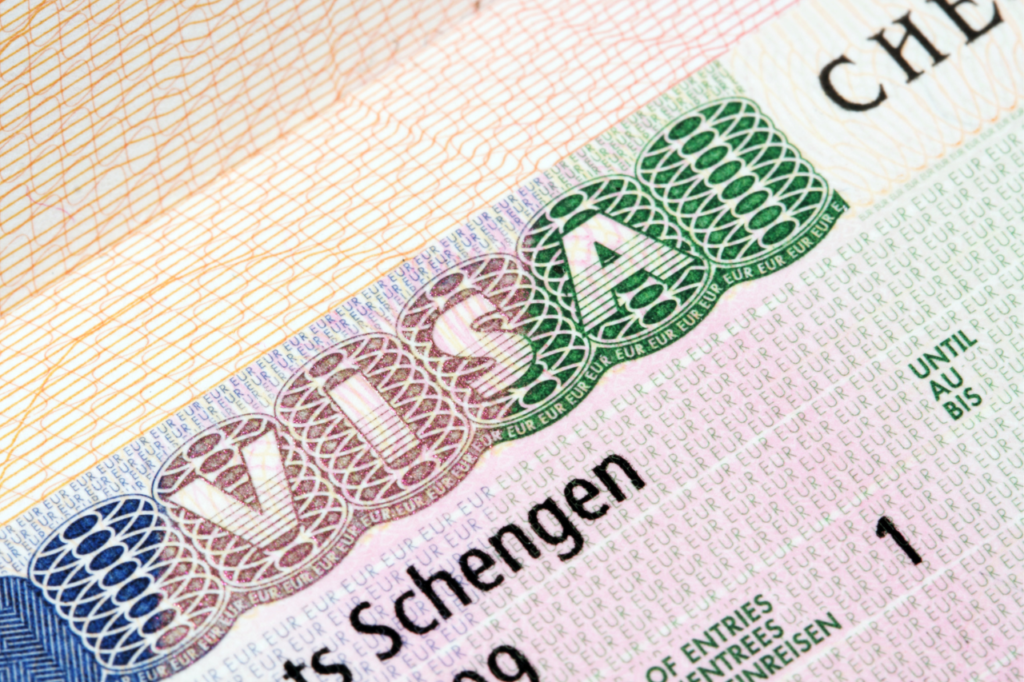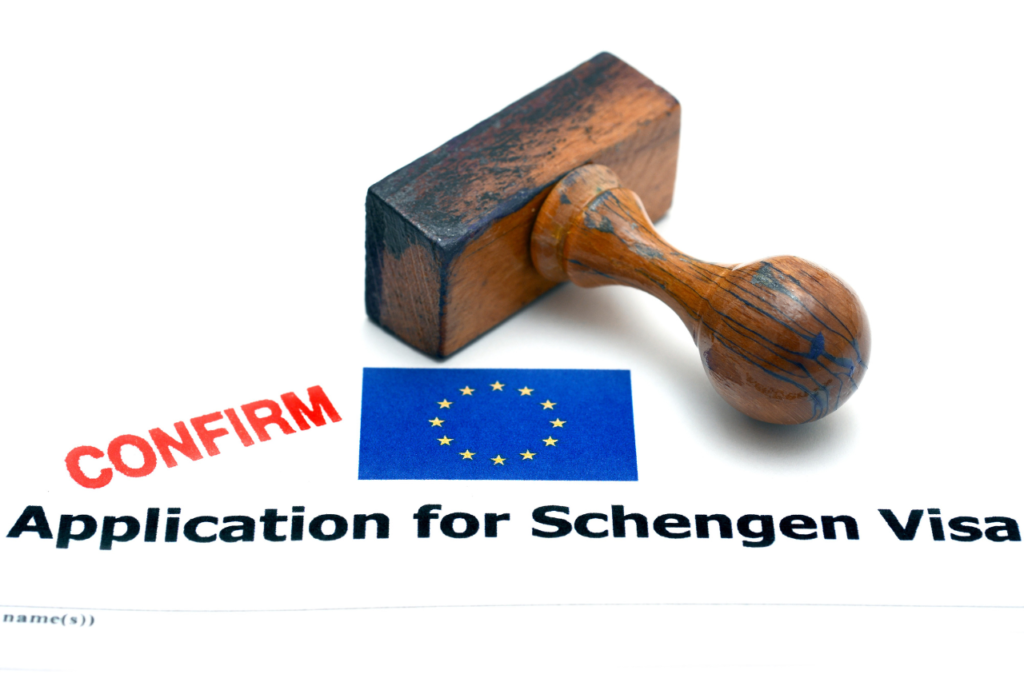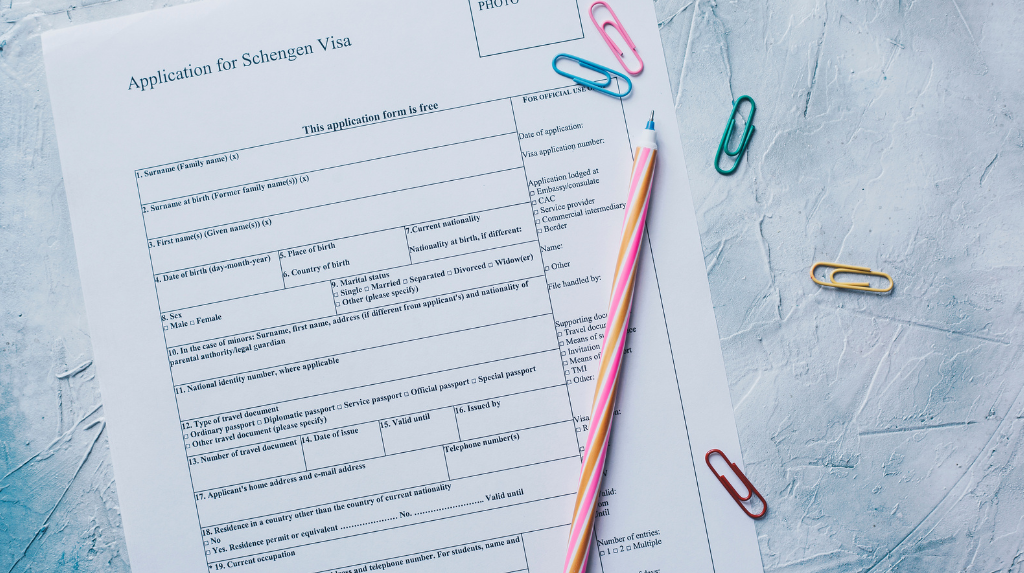One of the key questions that prospective travelers often have is: How long does it take to process a Schengen visa in Nigeria? In this comprehensive guide, we will delve into the various factors influencing Schengen visa processing times, the step-by-step application process, and valuable tips for a smoother and more efficient experience.
Overview of the Schengen Visa:
The Schengen visa is a short-stay visa that allows individuals to travel to the Schengen Area, comprising 26 European countries that have abolished passport control at their mutual borders. This visa is applicable for stays of up to 90 days within a 180-day period for purposes such as tourism, business, or visiting family and friends.
Key features of the Schengen visa include:
Uniform Application Requirements:
The Schengen visa application process is governed by a set of uniform requirements applicable to all Schengen countries. However, individual countries may have specific nuances in their procedures.
Schengen Area Countries:
The Schengen Area includes popular European destinations such as France, Italy, Germany, Spain, and many others. Travelers need to identify the specific country they intend to visit or the country of first entry when applying for a Schengen visa.
Visa Types:
There are different types of Schengen visas based on the purpose of travel. Common categories include the Schengen Tourist Visa, Schengen Business Visa, and Schengen Family Visit Visa.
Factors Influencing Schengen Visa Processing Times:
The processing time for a Schengen visa in Nigeria can vary based on several factors. Understanding these factors provides insights into what applicants can expect during the application process:
Type of Visa and Purpose of Travel:
The type of Schengen visa and the purpose of travel significantly impact processing times. Visas for tourism or business may have different processing timelines compared to family visit visas.
Consulate or Embassy:
Each Schengen country has its embassy or consulate in Nigeria responsible for processing visa applications. The efficiency and workload of a specific embassy or consulate can influence processing times.
Application Submission Method:
The method of submitting the visa application can also affect processing times. Some embassies and consulates allow online applications, while others may require in-person submissions.
Peak Seasons and Holidays:
The volume of visa applications tends to increase during peak travel seasons and holiday periods. This influx can lead to longer processing times as embassies handle a higher workload.
Completeness of Application:
Submitting a complete and accurate application with all the required documents is crucial. Incomplete applications or missing documentation may result in delays as additional information is sought.
Travel Insurance and Health Checks:
Some Schengen countries require applicants to have travel insurance that covers medical expenses. Health checks and medical examinations can extend the processing time if additional documentation is needed.
Security and Background Checks:
Embassies and consulates conduct security and background checks on applicants. Any issues arising from these checks can contribute to delays in processing.
Type of Entry:
Single-entry, double-entry, or multiple-entry visas have different processing times. Multiple-entry visas may require more scrutiny and therefore a longer processing period.
Schengen Visa Processing Times: What to Expect:
While Schengen visa processing times can vary, it’s essential to have a general understanding of what to expect during the application process. The indicative processing times provided by embassies and consulates are typically as follows:
15 Calendar Days:
The Schengen visa processing time is generally estimated to be 15 calendar days. However, certain cases may require additional time, and applicants are advised to apply well in advance of their intended travel dates.
Possibility of Expedited Processing:
In some cases, applicants may request expedited processing due to unforeseen circumstances or emergencies. However, expedited processing is not guaranteed and is subject to the discretion of the embassy or consulate.
Early Application:
Applying for a Schengen visa well in advance of the planned travel date is advisable. This allows for any unforeseen delays and provides ample time for processing.
Step-by-Step Schengen Visa Application Process:
Understanding the step-by-step process of applying for a Schengen visa is crucial for a smooth and successful application. While specific requirements may vary by country, the general process includes the following steps:
Identify the Schengen Country to Visit:
Determine the Schengen country you plan to visit or the country of first entry. This is crucial as it dictates the embassy or consulate where you should submit your application.
Check Visa Requirements:
Visit the official website of the chosen embassy or consulate to check the specific visa requirements. These requirements typically include a completed application form, passport-sized photos, travel itinerary, proof of accommodation, travel insurance, and financial documents.
Complete the Application Form:
Fill out the Schengen visa application form accurately and completely. Be sure to provide all necessary details, and check for any specific requirements of the chosen country.
Gather Supporting Documents:
Collect all required supporting documents, including proof of travel arrangements, accommodation reservations, travel insurance, proof of financial means, and any additional documents specified by the embassy or consulate.
Book an Appointment:
Some embassies and consulates require applicants to schedule an appointment for the submission of visa applications. Ensure that you secure an appointment well in advance.
Submit the Application: Attend the appointment and submit the completed application form along with all supporting documents to the embassy or consulate. Pay the applicable visa fee during the submission.
Biometric Data Collection:
In some cases, applicants may be required to provide biometric data, including fingerprints, during the submission process.
Wait for Processing:
After submission, applicants must wait for the processing of their visa application. The embassy or consulate will communicate the outcome once the assessment is complete.
Collect the Visa:
If the visa is approved, applicants can collect it from the embassy or consulate. Ensure that all details on the visa, including the validity period and conditions, are accurate.
Travel to the Schengen Area:
Once the visa is obtained, travelers can proceed with their planned itinerary within the Schengen Area. It’s essential to adhere to the conditions of the visa, including the duration of stay and any other stipulations.
Tips for a Smoother Schengen Visa Application:
To enhance the efficiency of the Schengen visa application process, consider the following tips:
Early Planning:
Begin the visa application process well in advance of your intended travel dates. Early planning allows for thorough preparation and minimizes the risk of last-minute complications.
Accurate Information:
Provide accurate and complete information in the application form and supporting documents. Any discrepancies or missing information may lead to delays or visa rejection.
Document Organization:
Organize your supporting documents systematically to facilitate easy verification by the embassy or consulate. Clearly label and present each document as required.
Application Submission Channels:
Be aware of the specific submission channels accepted by the embassy or consulate. Some countries may allow online submissions, while others may require in-person visits.
Book Flexible Travel Arrangements:
Consider booking flexible travel arrangements, such as refundable tickets and accommodation, until the visa is approved. This provides flexibility in case of unforeseen circumstances.
Communication with the Embassy:
If needed, communicate with the embassy or consulate for clarification on any aspect of the application process. Clear communication can help resolve queries and prevent misunderstandings.
Professional Assistance:
If navigating the visa application process seems overwhelming, consider seeking assistance from professional visa consultants or agencies. They can provide guidance on requirements and facilitate a smoother application.
Navigating the Schengen Visa Journey:
The prospect of exploring the enchanting cities, picturesque landscapes, and rich cultural heritage of Europe is a compelling reason for many Nigerians to pursue a Schengen visa. While the processing times may vary based on several factors, including the embassy or consulate, the purpose of travel, and the completeness of the application, a well-prepared and informed approach can significantly contribute to a successful outcome.
As applicants navigate the Schengen visa journey from Nigeria, it’s important to recognize that each step is a progression toward the realization of travel aspirations. Whether planning a leisurely holiday, attending business meetings, or visiting family and friends, the Schengen visa opens doors to a world of possibilities within the Schengen Area.
By understanding the processing times, following the step-by-step application process, and implementing practical tips, prospective travelers from Nigeria can approach the Schengen visa application with confidence. Europe’s vibrant tapestry of cultures, historical landmarks, and breathtaking scenery awaits those who embark on this remarkable journey, turning dreams of European exploration into unforgettable experiences.
Do you need a Schengen Visa?
Contact our team of skilled immigration lawyers to discuss your visa and immigration needs.
Call us on +234 812 5505 986 or WhatsApp us at +234 818 1547 085 for immediate assistance with your situation. We are available to assist you in person, over the phone, or online.





